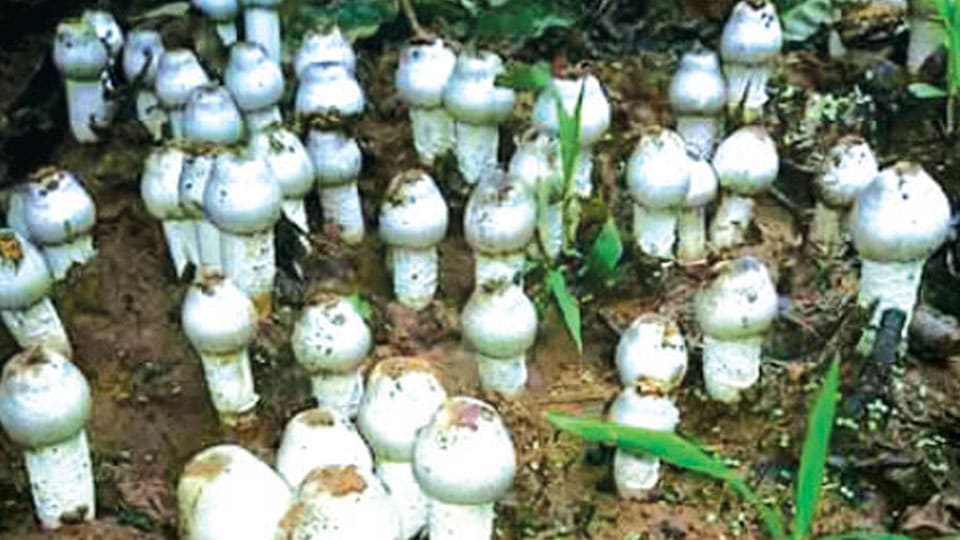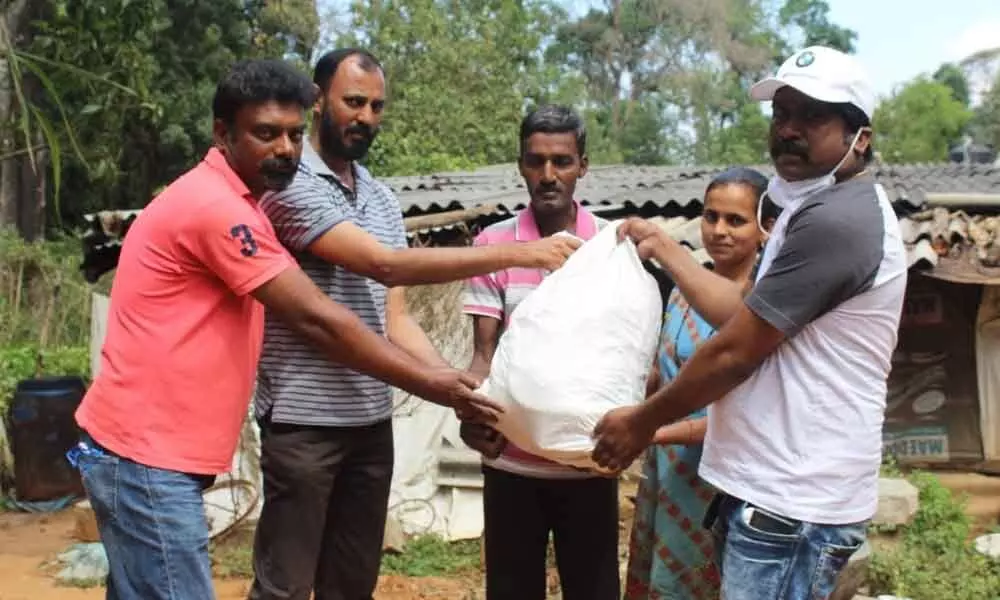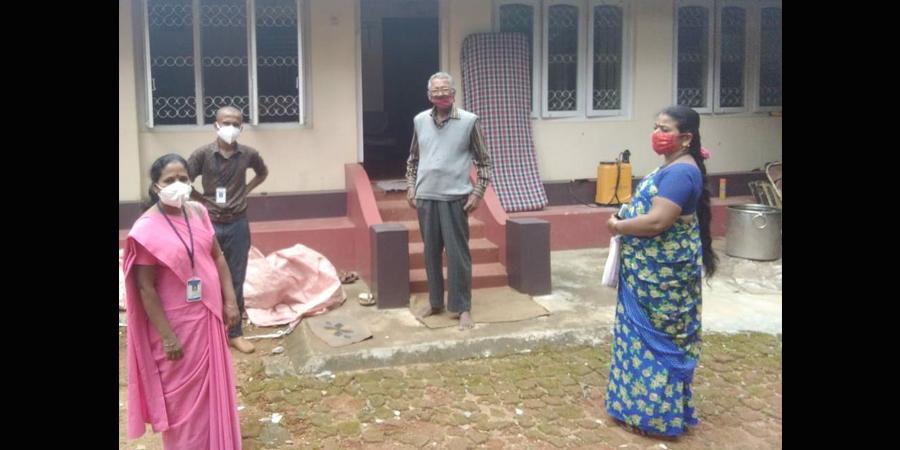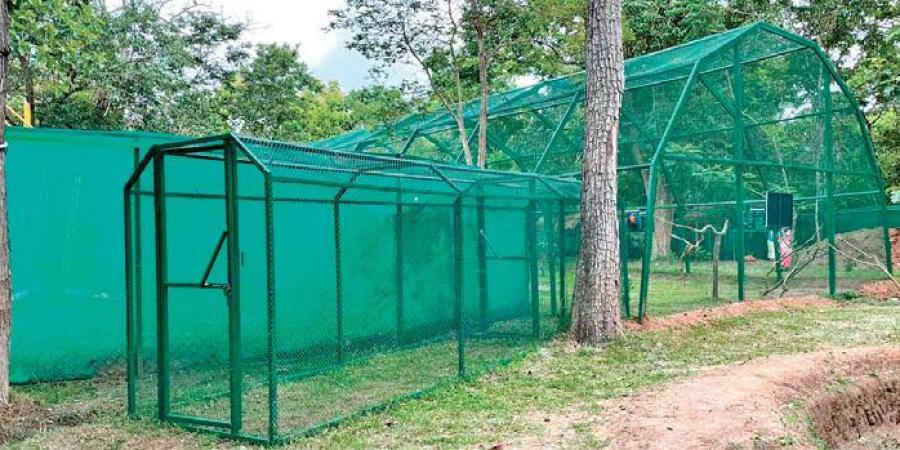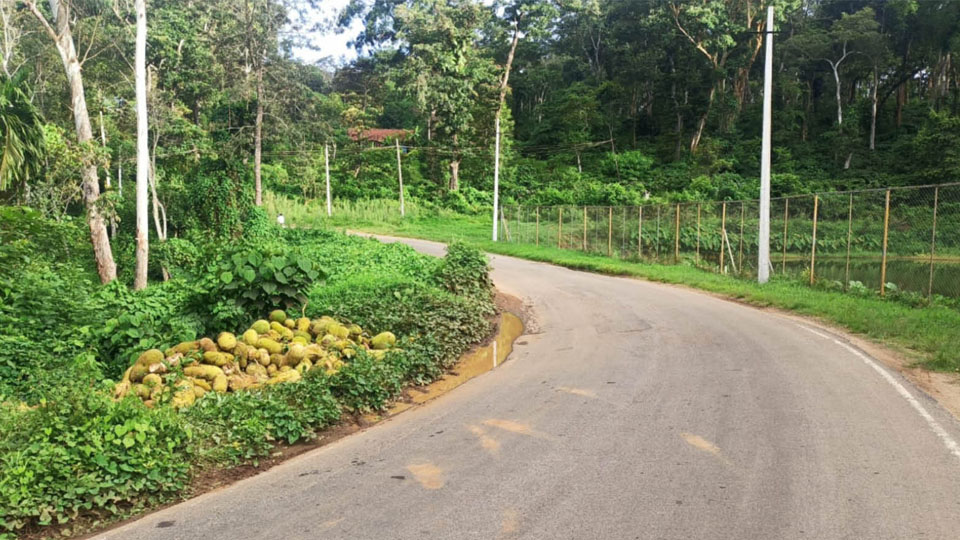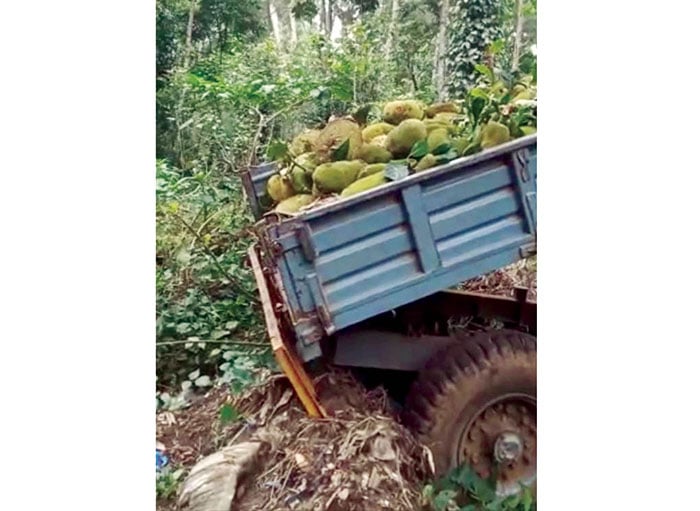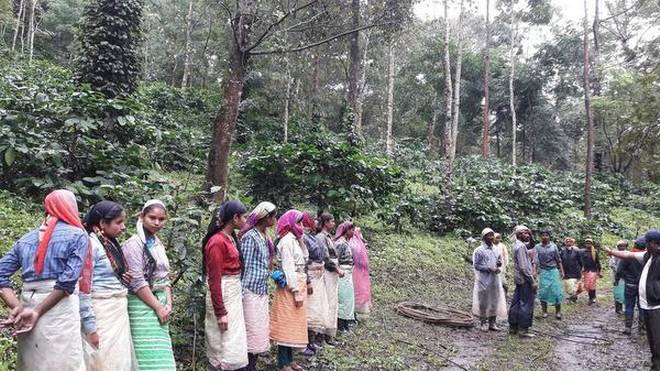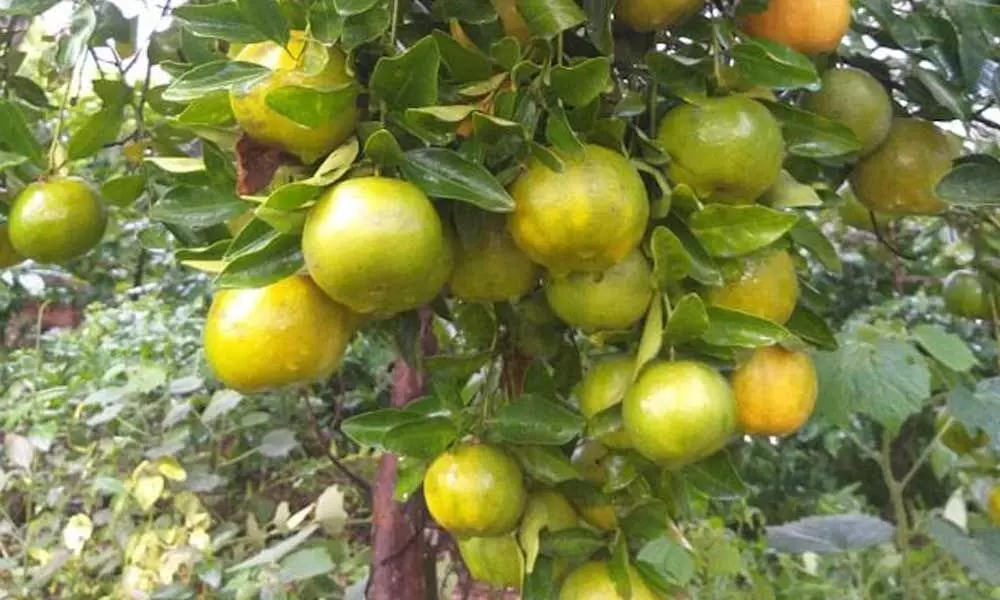
HIGHLIGHTS
The demand for Coorg oranges, also known as Coorg mandarin, has dipped in the State owing to lockdown. Mandarin was almost wiped out in the district due to diseases a couple of decades ago.
Madikeri:
The demand for Coorg oranges, also known as Coorg mandarin, has dipped in the State owing to lockdown. Mandarin was almost wiped out in the district due to diseases a couple of decades ago. However, this variety of orange is being grown in many coffee estates, fetching a sizeable income to growers. It is being grown as a mixed crop in coffee estates along with pepper twice a year in December and June.
Grown in eight thousand hectares, this tiny district produces nearly 30 thousand metric tonnes of mandarin.
Many coffee estates have bountiful mandarin crop, but no buyers due to lockdown. Normally, coffee growers lease orange crop to Kerala-based traders. But this season there are hardly any buyers. The crop is mostly exported to Kerala, Tamil Nadu and Andhra Pradesh and other parts of Karnataka.
Though Nagapur organges have good market in the State, with good taste and aroma, Coorg variety has its own customer base. Speaking to The Hans India on Friday, a mandarin grower, Ponnachettira Suresh Subbaiah , a native of Ibnivalamudi near Madikeri, said that he has been growing the orange crop for decades, but has never faced such a situation. He said he used to export oranges to Calicut market. But this season, he sees no hope of good market for his produce. Subbaiah who grows mandarin crop in his 12-acre estate, has incurred losses this time.
There are no takers locally also as tourism has come to a standstill. The district which witnesses at least 4-5 thousand tourists daily in normal time is badly hit by lockdown and Covid restrictions.
Though production is increasing year by year in district, the demand for mandarin variety of oranges is discouraging.
source: http://www.thehansindia.com / The Hans India / Home> News> State> Karnataka / by Coovercooly Indresh / Hans News Service / June 18th, 2021


